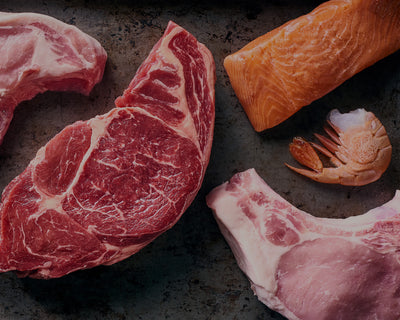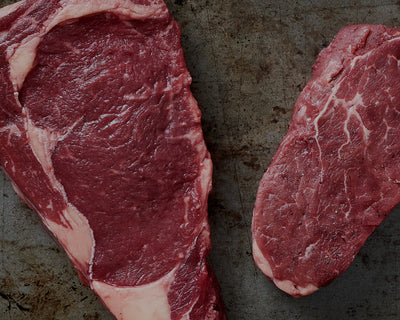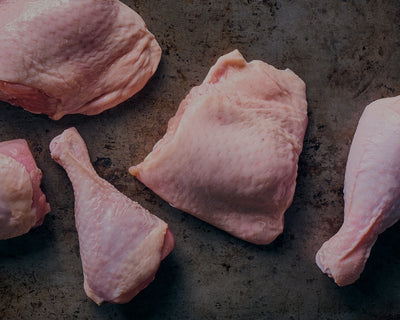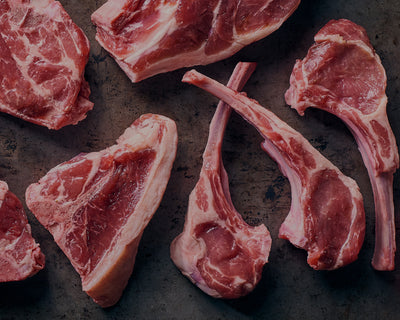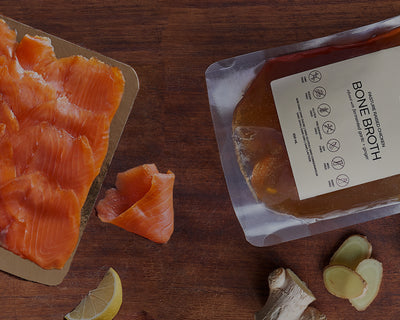
OUR IMPACT
Regenerative Agriculture: Working with nature rather than against it.
The way food is made has a big impact on the environment. We're imagining a better food system - one that heals instead of harms.

What it is
Regenerative agriculture describes a variety of farming practices that actively improve the land (rather than degrade it like most of conventional agriculture).
These practices improve soil health and healthy soils actively capture carbon out of the atmosphere to store in the ground.
Why it’s important
Factory farming uses chemicals and techniques that destroy soil health. Once degraded, it’s very hard to bring back.
The impact couldn’t be more different—factory farming harms our planet, regenerative farming heals it.


“Factory farming is well understood to be one of the biggest contributors to climate change. Regenerative agriculture is one of our greatest tools in our fight to reverse it.”
— Charlie Iscoe, Co-Founder of Sunday Farms

Dig Deeper
If you’re interested in learning more about regenerative agriculture, read the interview that one of our founders did with the Carbon Neutral Club.
Regenerative Practices
Many regenerative practices have been around for ages and are simply a return to how things used to be done before the age of industrial agriculture.
REGENERATIVE PRACTICES WE LOOK FOR IN OUR PARTNERS FARMS

Rotational Grazing
ALL OF THE GOOD:
Natural, rich organic fertilizer cycle
NONE OF THE BAD:
Prevents overgrazing
Rotational grazing involves dividing pastures into multiple parcels and actively rotating herds through them in order to prevent overgrazing.
As the herd grazes, they leave behind their waste and trample it into the ground, creating a rich organic fertilizer for the soil.
Recently grazed paddocks will then be given time to recover and absorb the nutrients left behind before being grazed again.
Our partner farms all practice rotational grazing.

Chemical-free
ALL OF THE GOOD:
Maintains soil health
NONE OF THE BAD:
Avoids contributing carbon
Chemicals like pesticides and herbicides destroy soil health and contribute to lots of carbon being released into the atmosphere.
Soil that has been stripped of its nutrients create a challenging growing environment in the long-term, and good soil health is very difficult to bring back.
Our partner farms never spray their pastures with these harmful chemicals.

Low/No-tillage
ALL OF THE GOOD:
Supports biodiversity
NONE OF THE BAD:
Aids in soil erosion prevention
Heavy tillage destroys organic matter and biodiversity in soils and leaves them vulnerable to erosion.
Natural biodiversity in soil accumulates over many, many years—a natural process that ensures a healthy environment for all living organisms (including us!)
Our partner farms employ minimal tillage in order to actively increase the health of their soils.

Dig into it with us (& take 10% off your first order)
Be the first to know about new products, recipes & cooking tips, promotions, and farming education.

Sundays are for Grazing

Sundays are for Grazing

Sundays are for Grazing

Sundays are for Grazing

Sundays are for Grazing

Sundays are for Grazing

Sundays are for Grazing

Sundays are for Grazing
